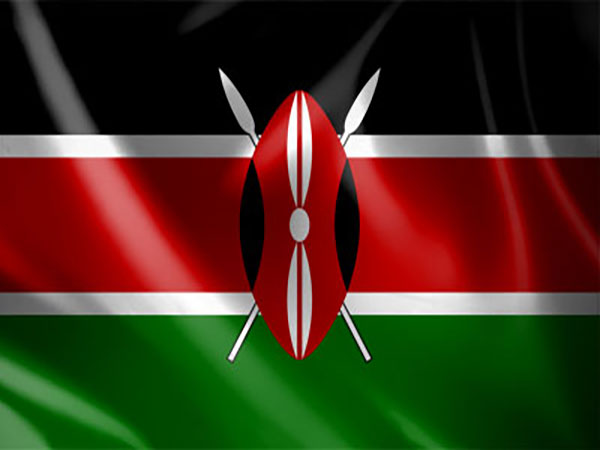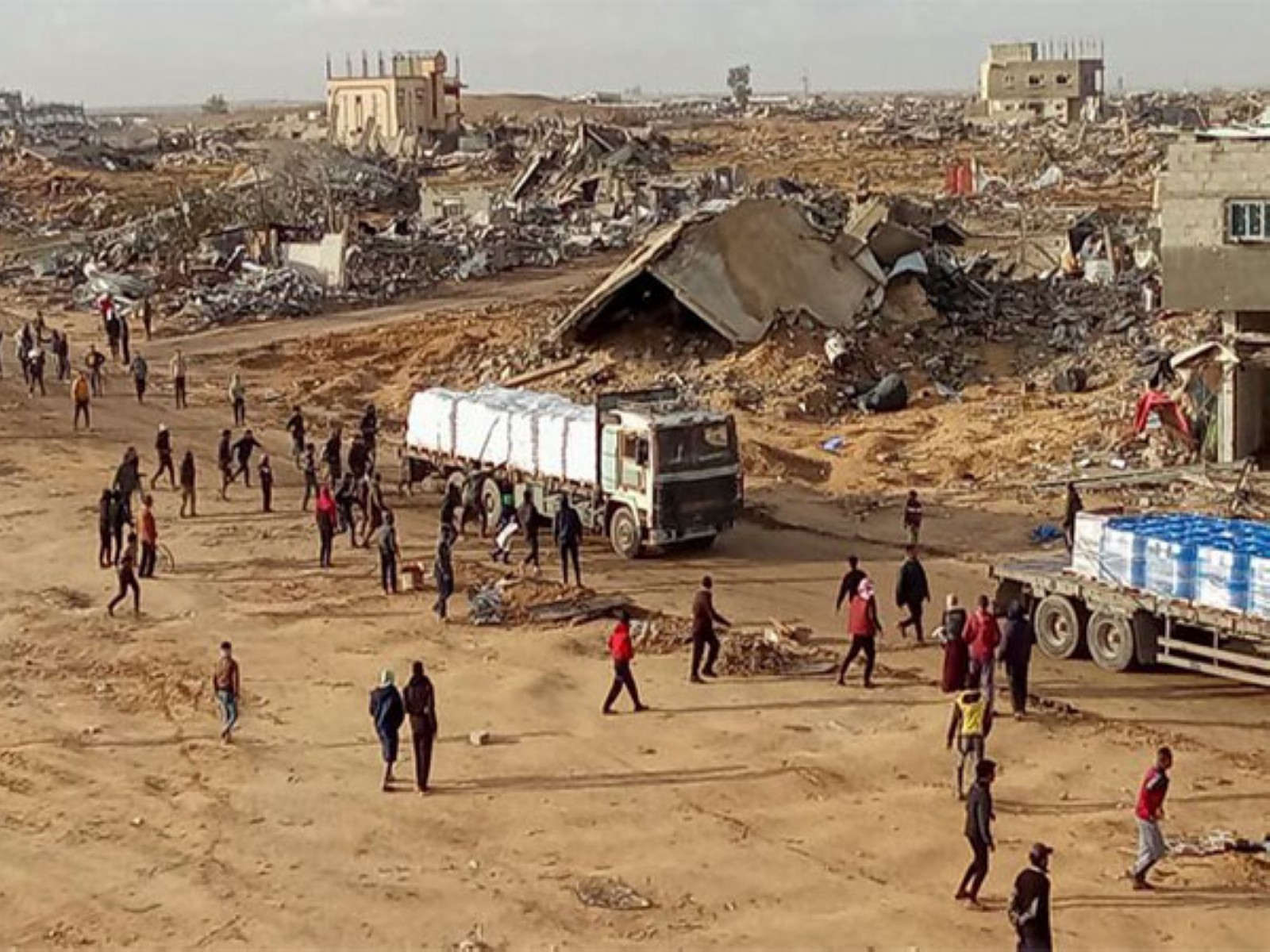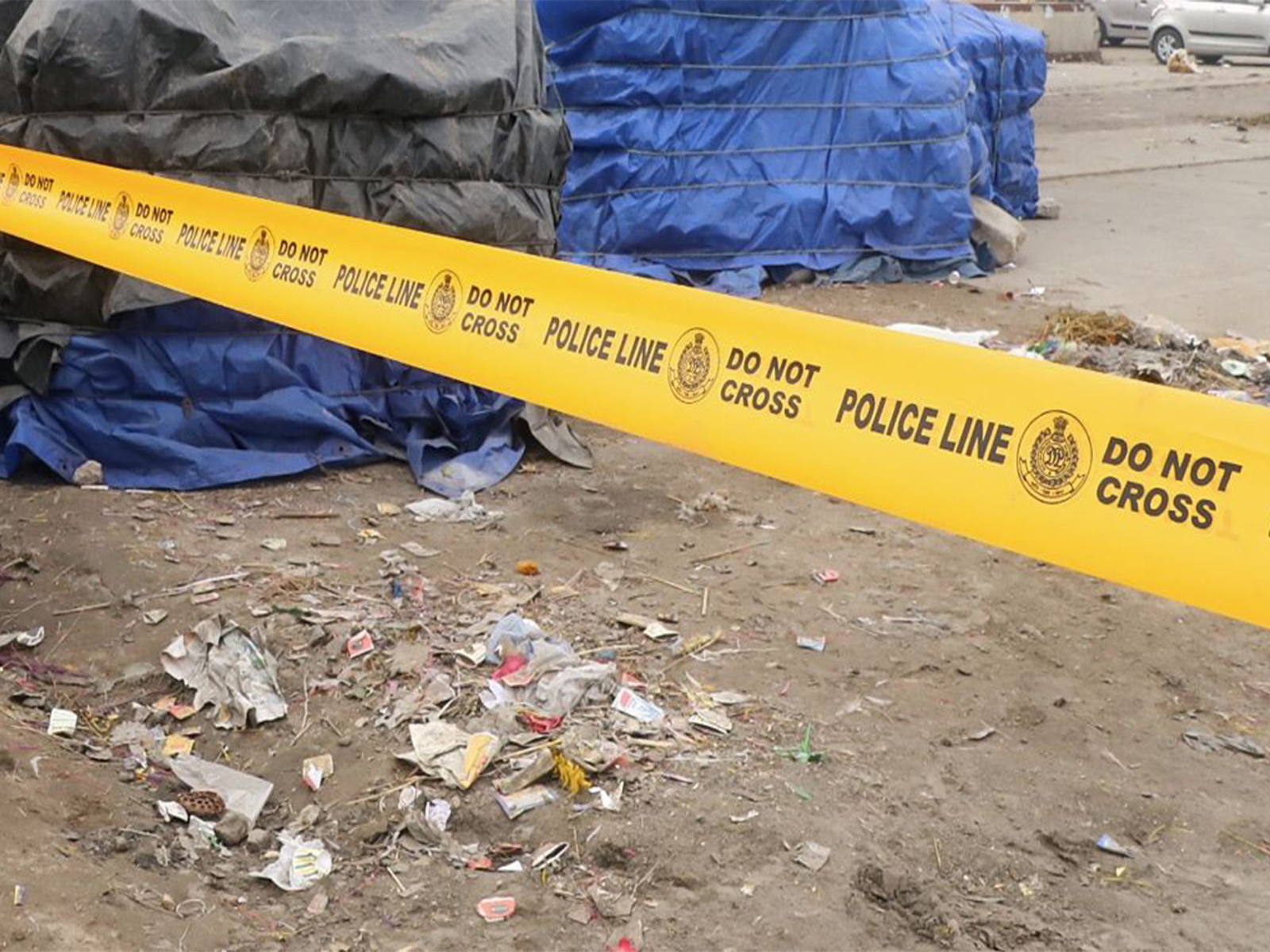UN warns besieged Sudan city facing famine as supplies cut off by war
Aug 06, 2025
Nairobi [Kenya], August 6: The World Food Programme (WFP) warned on Tuesday of famine in El Fasher, the capital of Sudan's North Darfur region.
The city has been cut off from humanitarian aid, leaving the remaining population with little choice but to survive on the few supplies still available, according to a statement.
El Fasher has been under siege by the rebel Rapid Support Forces (RSF) since May 2024 and is the last major city in North Darfur still under government control.
Sudan has been engulfed in a bloody power struggle since April 2023 between de facto leader Abdel-Fattah al-Burhan and his former deputy Mohamed Hamdan Daglo, who commands the RSF.
More than 12 million people have fled the conflict, and according to the UN, over 26 million people - roughly half the population - are at risk of hunger.
Dire conditions in El Fasher A year ago, the United Nations declared a famine in the Samsam refugee camp, located about 20 kilometres from El Fasher.
The RSK attacked and destroyed the camp in the spring, forcing some of its residents to flee to El Fasher.
Around 300,000 people remain in the besieged city, living under increasingly desperate conditions, according to UN estimates.
Blockade drives food prices sky-high The WFP has been unable to deliver food to the city by land for more than a year due to blocked access routes.
"Everyone in El Fasher is facing a daily struggle to survive," said Eric Perdison, WFP's regional director for eastern and southern Africa.
The WFP continues to support 250,000 people in the city with digital cash to purchase food still available in local markets.
However, this is far from sufficient to meet the enormous needs of the besieged population.
Food prices have risen dramatically. Basic staples such as sorghum and wheat, used to make traditional flatbread and porridge, cost up to 460% more in El Fasher than in the rest of Sudan, according to the WFP.
Reports indicate that some families are surviving on animal feed and food waste.
Source: Qatar Tribune








